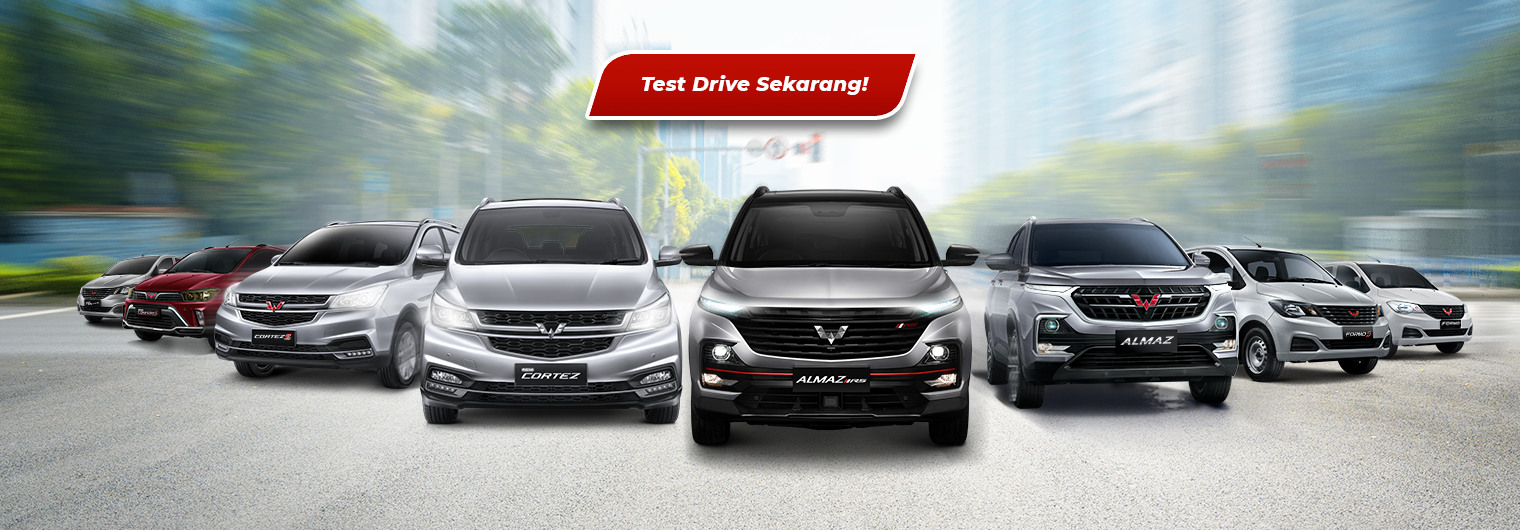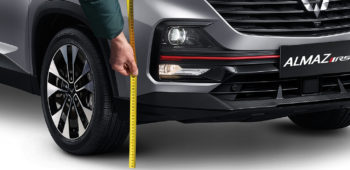Facts about Filling a Full Tank of Gasoline in a Car, How Important is it?
25 December, 2023
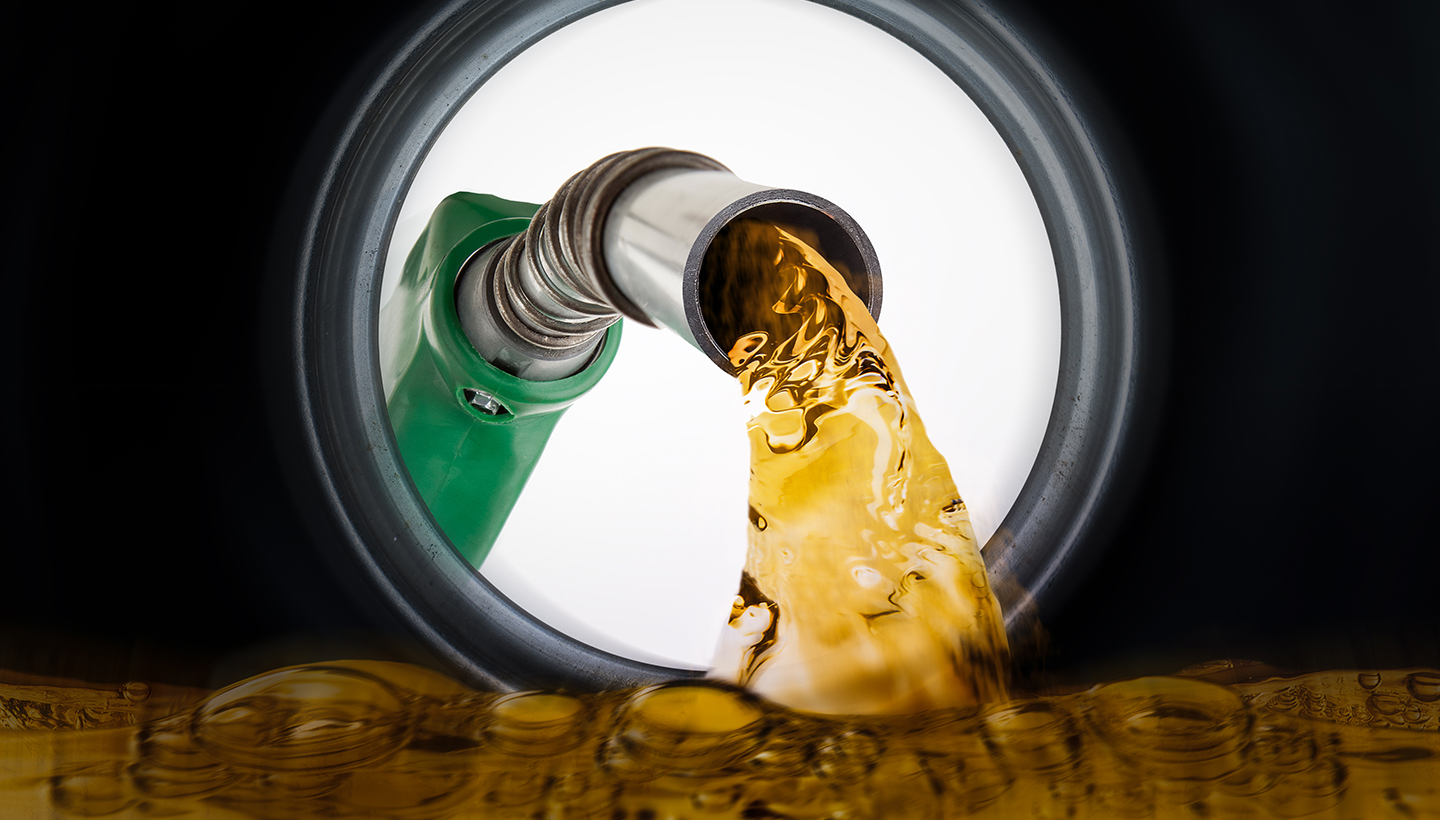
Filling a full tank of gasoline is widely assumed to make fuel consumption from the vehicle more economical when compared to filling a half tank. Such an assumption is actually not completely wrong, but in reality, if the fuel consumption for a distance of 10 km is 1 liter, then it will continue like that even if you have filled a full tank of gasoline.
However, assumptions like this have a logical explanation that many people can understand. When filling a full tank of gasoline until it overflows, the fuel sensor on the indicator will show that it is full. When the vehicle is used, the fuel indicator will decrease for longer because the previous tank position was full to the point of overflowing.
This happens because the fuel sensor can only read up to the neck of the tank. That way, the fuel at the top of the tank neck will not be counted, which will apparently make fuel consumption more economical.
If you want to save on fuel consumption, you should choose a car that is fuel-efficient. One of them is the Wuling Alvez, which is equipped with an engine for optimal performance as well as fuel efficiency. Equipped with a 1,500-cc engine, which produces fuel consumption of up to around 19 km/liter, even though it is economical, the maximum power produced is around 105 hp at 5,800 rpm, and peak torque reaches 143 Nm in the engine speed range of 4,000–4,600 rpm.
The following is a review of full tanks of gasoline in cars, starting with the method and benefits.
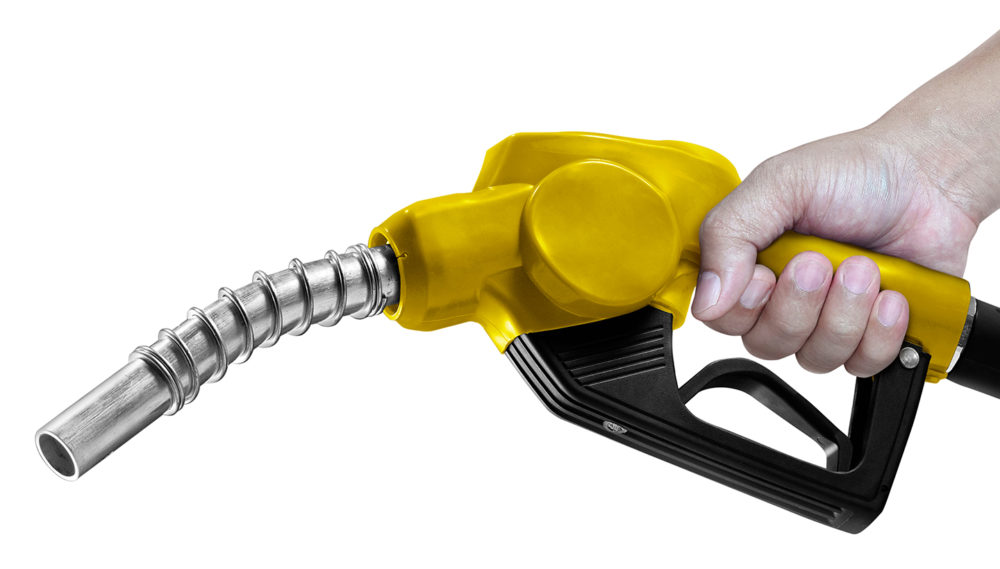
How to Fill a Full Tank of Gasoline
Filling a full tank of gasoline is very easy; you can do it yourself when you are at a gas station that uses self-service. Several ways to fill a full tank of gasoline are as follows:
- Make sure your vehicle is turned off and there is no dangerous activity around the gasoline filling location.
- Choose a gasoline station that is trusted and provides high-quality gasoline, and make sure you know which type of gasoline is suitable for your vehicle.
- Carefully open the gas tank cap and make sure there are no signs of danger around the gas station.
- Before filling the tank, make sure the nozzle is in a safe position and fits snugly in the tank.
- Make sure the nozzle is aligned with the tank inlet and enter the gasoline slowly to avoid spills. When filling gasoline, hold the nozzle with your hand.
- After you have finished filling with petrol, clean your hands and make sure there are no petrol spills around the petrol tank inlet.
- Make sure you close the gas tank cap tightly.
How Many Liters Does a Full Tank of Gasoline Contain?
Setiap mobil tentu memiliki kapasitas tangki BBM yang berbeda-beda. Namun pada umumnya, setiap jenis mobil memiliki sedikit kesamaan dalam jumlah kapasitas tangki meski hanya berbeda sedikit.
Generally, Multi-Purpose Vehicle (MPV) cars have a capacity of 40 to 50 liters of fuel. Like the Wuling Alvez car, which has a fuel tank capacity of up to 45 liters. Meanwhile, smaller cars, such as LCGC cars, have a fuel tank capacity of around 30 liters of gasoline. However, there is also a capacity of up to 40 liters.
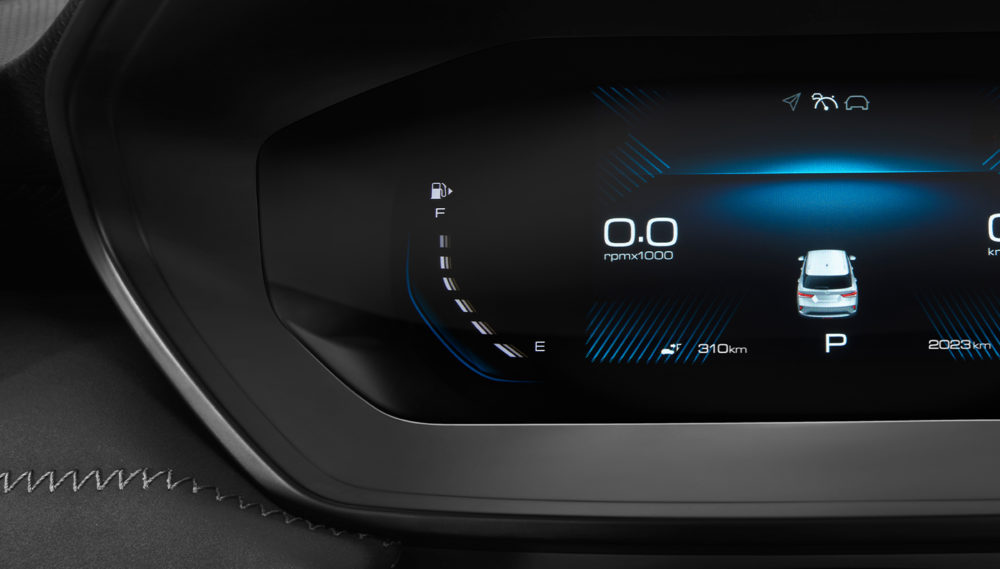
Benefits of Filling a Full Tank of Gasoline
There are several benefits you can get from filling a full tank with gasoline. This benefit is also very important for extending the service life of car components that are directly connected to gasoline.
Here are three benefits of filling a full tank with gasoline:
-
Fill a full tank of gasoline to prevent fogging up
One of the reasons you have to fill the fuel tank completely is so that there is no condensation in it. This is because, if the tank is left empty for some time, air will inevitably enter it. This then turns into dew, and the water from this dew is what can harm fuel and car engines.
The dew that turns into water in the tank will definitely drip slowly. Fuel and water will mix, which means the fuel mixed with water will be of poor quality. Vehicle passage may be disrupted.
-
Prevents rust from forming on the tank
Fuel tanks can contain rust, especially on older cars. Rust can mix with the fuel and clog the carburetor. In addition, the debris can clog the car’s injection system.
Rust will appear in unused tanks. Over time, this rust will peel off or mix with the gasoline when the tank is full. If rust debris blocks the flow of fuel to the combustion engine, the fuel flow will not be smooth. As a result, the engine will stutter or not even start at all.
-
Prevents Performance Degradation
Because vehicles using diesel fuel often experience engine stuttering, it is highly recommended for vehicles using diesel engines to refill fuel when the fuel tank is half empty. This is because, if left untreated, vehicles that use diesel fuel may not even start.
After understanding the facts about filling a full tank of gasoline, of course you will understand to some extent the assumption that filling a full tank of gasoline is economical. But not only that, filling a full tank of gasoline also has its own benefits, which are good to do.
